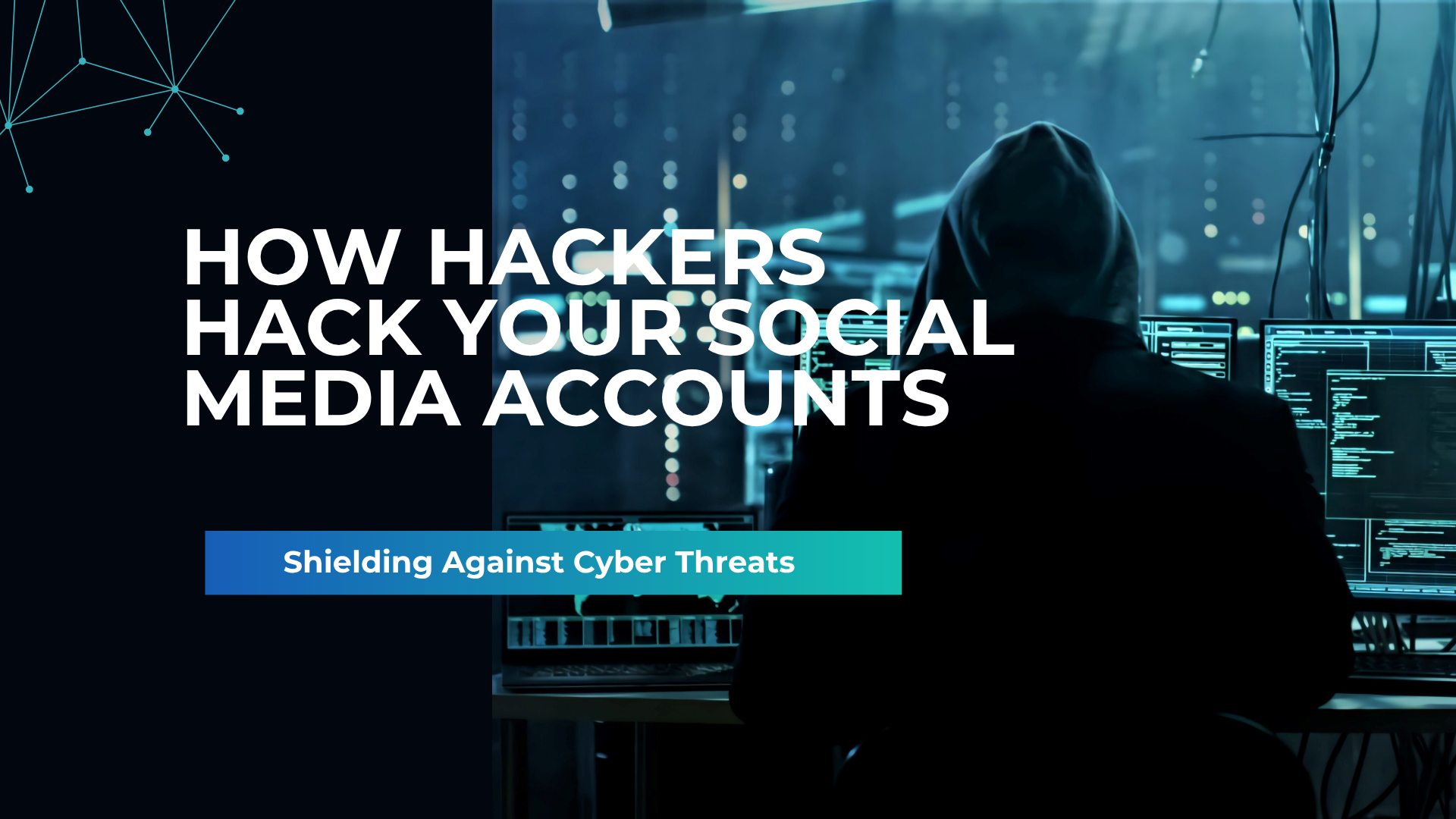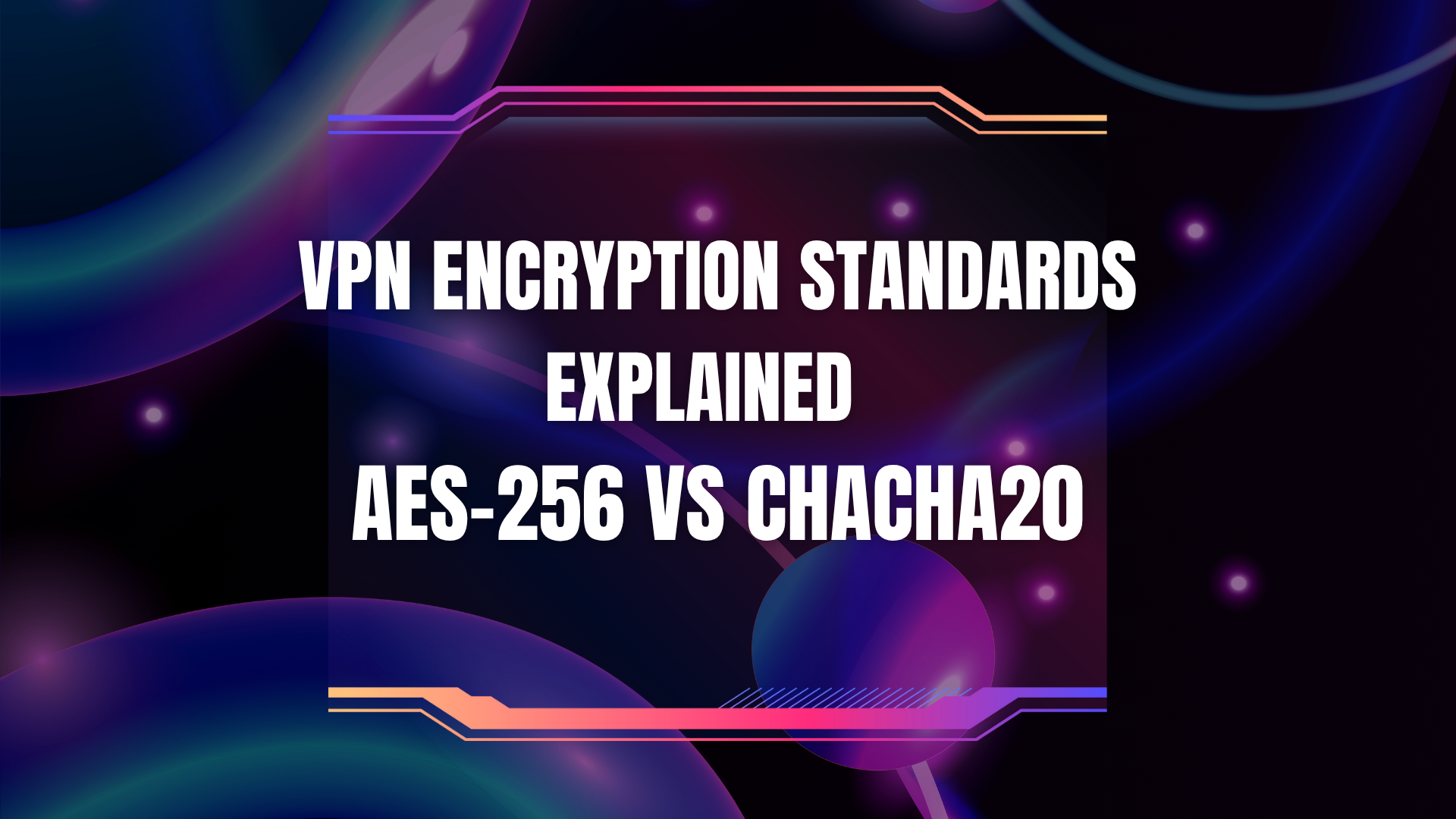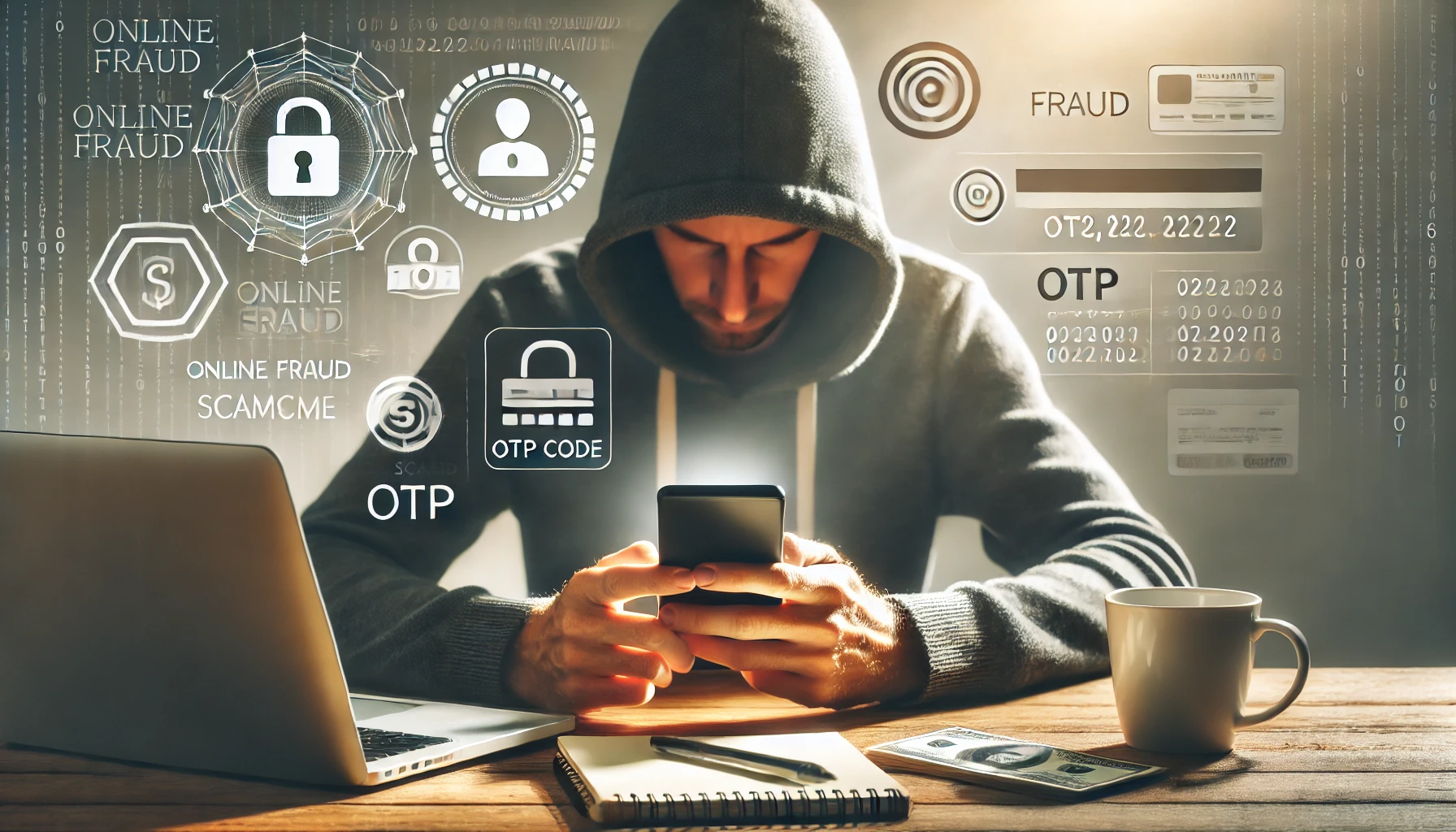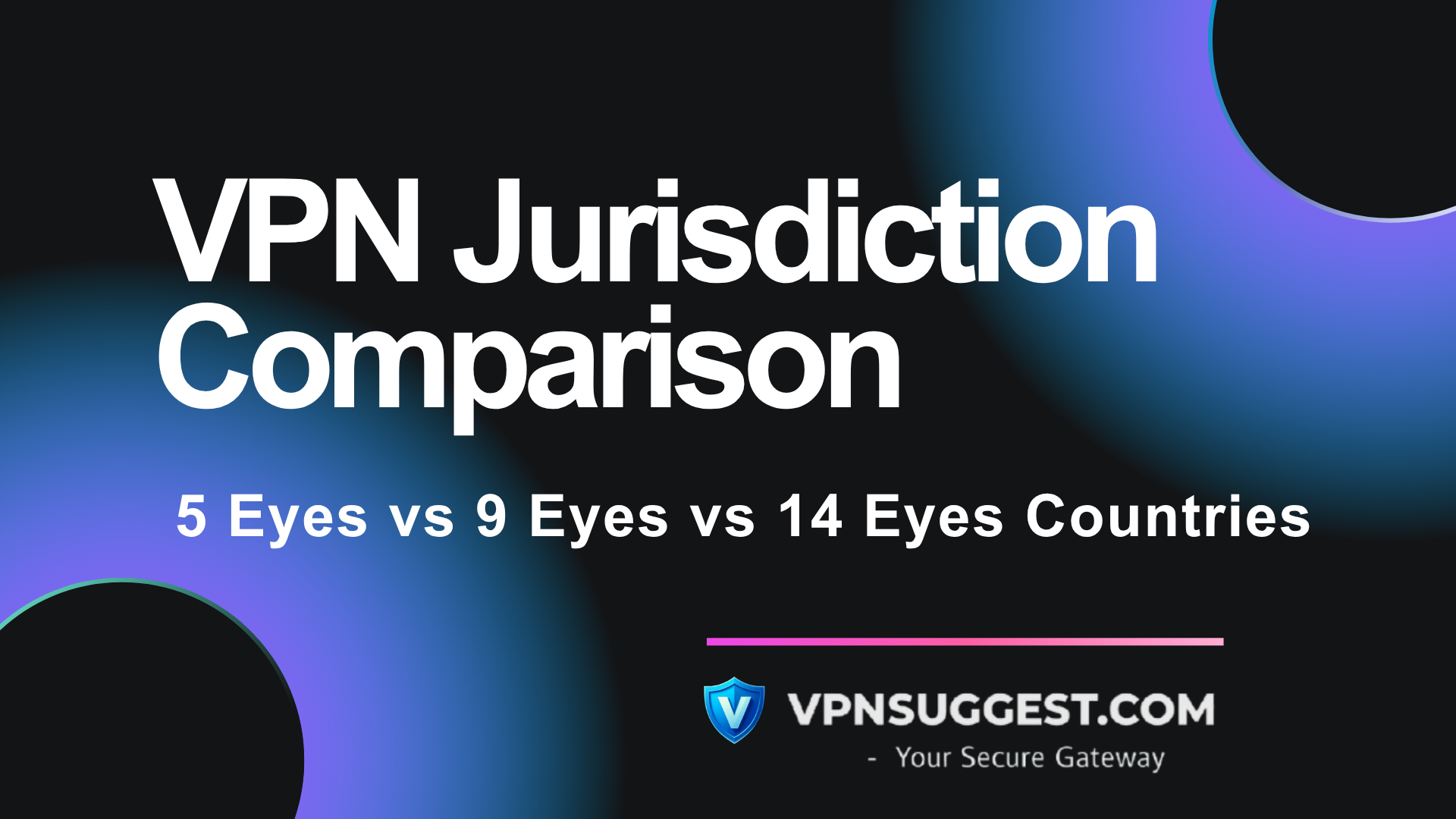Do VPN Companies Really Keep Zero Logs? Audit Analysis

According to Statista’s 2024 VPN usage data, 22.9 percent of internet users worldwide now rely on VPN services for online privacy. When you connect to a VPN, you’re trusting that provider with your entire browsing history. The critical question is whether VPN companies truly keep zero logs, or if it’s just clever marketing. Independent audits provide the answer – and the results reveal which providers can actually prove their claims.
Most VPN providers claim they don’t log your data. But words alone don’t protect your privacy. Without verification, you’re essentially taking them at their word that they’re not storing your IP addresses, browsing history, or connection timestamps.
The difference between legitimate privacy protection and empty promises comes down to one thing: independent audits.

Understanding What VPN Logs Actually Mean
Before diving into audits, you need to understand what logging means in practical terms.
Types of Data VPN Providers Can Collect
Connection logs track when you connect, your IP address, the VPN server you used, and how long you stayed connected. This metadata can identify you even if your actual browsing activity isn’t recorded. Usage logs capture the websites you visit, files you download, and services you access. This is the most invasive form of logging.
Technical logs include bandwidth usage and server performance data. Many providers collect this for infrastructure management. The key question is whether this data can identify individual users.
Why Logging Defeats the Purpose of VPNs
If a VPN provider stores connection logs, authorities can subpoena that data. A single IP address paired with a timestamp can expose your identity. In 2024, law enforcement agencies submitted over 11,000 data requests to VPN providers, according to transparency reports documented by Security.org.
The entire value proposition of a VPN collapses if the provider maintains identifiable logs. You’re simply shifting trust from your internet service provider to the VPN company.
The Legal Pressure VPN Companies Face
According to CISA’s 2024 guidance on network access security, governments increasingly pressure VPN providers to retain user data. Jurisdiction matters enormously. Providers in Five Eyes countries face mandatory data retention requirements.
VPN companies operating in privacy-friendly jurisdictions like Panama, Switzerland, or the British Virgin Islands can legally refuse data requests. But claims without proof mean nothing.
Why Independent Audits Matter More Than Privacy Policies
Privacy policies are marketing documents. They can change overnight. Audits provide verifiable proof.
What Makes an Audit Legitimate
Legitimate audits come from recognized firms – typically Big Four accounting firms like Deloitte, PwC, and KPMG, or specialized cybersecurity firms like Cure53 and Securitum. These auditors examine server infrastructure, interview employees, and inspect technical configurations.
The audit scope determines its value. A comprehensive audit reviews server deployment processes, database configurations, and DNS systems. Limited audits only check specific features or applications.
How Auditors Verify Zero-Logs Claims
According to detailed audit reports published by TechRadar, auditors conduct penetration tests and source code reviews. They attempt to find hidden data collection mechanisms. They verify that privacy-relevant configuration settings match the provider’s claims.
Auditors examine whether servers use RAM-only architecture. When servers boot from read-only images and store runtime data exclusively in volatile memory, logs can’t persist after power cycles.

The most rigorous audits follow the International Standard on Assurance Engagements 3000 (ISAE 3000). This framework ensures consistent methodology and reliable conclusions.
The Difference Between Marketing Claims and Verified Facts
Anyone can claim they don’t log data. Proving it requires opening your infrastructure to hostile examination. That’s why legitimate providers commission regular audits and publish the results publicly.
Some providers have passed multiple consecutive audits. NordVPN completed its fifth independent audit in December 2024, with Deloitte verifying its no-logs policy remained accurate.
VPN Providers That Passed Independent Audits
Several major providers have submitted to independent verification. The results separate fact from fiction.
NordVPN – Five Consecutive Audits by PwC and Deloitte
NordVPN has undergone audits in 2018, 2020, 2022, 2023, and 2024. According to analysis from SafetyDetectives, auditors had full access to examine servers, interview employees, and inspect configurations. All five audits confirmed compliance with the no-logs policy.
The most recent 2024 audit by Deloitte examined standard VPN servers, Double VPN, Onion Over VPN, obfuscated servers, and P2P servers. No violations were found. NordVPN’s Panama jurisdiction prevents mandatory data retention.
ProtonVPN – Four Annual Audits by Securitum
ProtonVPN has completed annual audits in 2022, 2023, 2024, and 2025 by Securitum, a leading European security auditing firm. Each audit verified the no-logs policy remained intact. ProtonVPN also publishes transparency reports showing they denied all 60 data requests in 2023 and 27 requests in 2024.
Switzerland’s privacy laws support ProtonVPN’s stance. The company uses full-disk encryption across all servers as an alternative to RAM-only architecture.
ExpressVPN – 19 Third-Party Audits
ExpressVPN has completed 19 separate security audits by firms including Cure53 and KPMG. According to research from VPNOverview, these audits examined different aspects of the service over several years. The British Virgin Islands jurisdiction provides strong privacy protection.
ExpressVPN uses RAM-only servers across its entire network. Data can’t be written to hard drives, making long-term logging technically impossible.
Private Internet Access – Proven in Court Twice
PIA has been audited by Deloitte in 2022 and 2024. But more importantly, court cases twice confirmed PIA had no logs to provide when authorities demanded user data. The company’s transparency reports detail every subpoena and warrant received – and confirm they couldn’t comply because no data existed.
PIA uses a null device architecture that treats data as non-existent once written. The US jurisdiction typically concerns privacy advocates, but PIA’s track record speaks louder than location.
Mullvad – 2025 Penetration Test Results
In August 2025, Swedish security consultancy Assured AB completed a comprehensive penetration test of Mullvad’s infrastructure. According to TechRadar’s coverage, auditors examined the website, Tor Onion service, rsync setup, and internal CMS. They found no critical, high, or medium-severity issues.
Swedish police raided Mullvad’s offices in 2024 seeking subscriber data. They left empty-handed because no logs existed to seize. Real-world legal pressure validated Mullvad’s technical safeguards.
Surfshark – Deloitte Verification in 2023
Deloitte’s 2023 audit confirmed Surfshark doesn’t gather IP addresses, session information, or timestamps. The company transitioned to RAM-only servers, eliminating physical data storage. Netherlands jurisdiction falls under Nine Eyes, but the technical impossibility of logging provides practical protection.
VPN Providers Without Verified No-Logs Claims
Not all VPN providers have submitted to independent verification. Some make claims without proof.
Why Some Providers Avoid Audits
Audits cost money and expose vulnerabilities. Providers with questionable practices avoid scrutiny. Others may be too small to afford Big Four auditing fees. But in 2025, users should demand proof.
Security experts at research organizations documented in industry reports increasingly emphasize that claims without verification carry little weight. The FTC reported losses exceeding $12.5 billion to fraud in 2024, with data breaches playing a significant role.
Red Flags in Privacy Policies
Vague language about “minimal logging” or “some data for service improvement” signals potential problems. If a privacy policy doesn’t explicitly state what data is NOT collected, that’s a warning sign.
Policies that reserve the right to share data with “partners” or “affiliates” undermine privacy guarantees. Look for specific commitments with no loopholes.
Free VPN Services and Logging Concerns
According to CISA’s mobile communications guidance, personal VPNs simply shift residual risks from your ISP to the VPN provider. Free services particularly raise concerns because they need revenue sources. Many free VPNs monetize through data collection and advertising.
Industry reports from cybersecurity researchers reveal that free VPN apps frequently contain malware, sell user data, or inject advertising into browsing sessions.
The Audit Process – How It Actually Works
Understanding the audit methodology helps you evaluate which audits carry weight.
Initial Scope Definition
The VPN provider and auditing firm define what will be examined. Comprehensive audits cover entire infrastructure. Limited audits might only verify specific claims about certain servers or features.
Scope matters enormously. An audit that only examines application code won’t reveal what’s happening on server infrastructure. The most valuable audits inspect every component where data could potentially be logged.
Technical Infrastructure Examination
Auditors gain direct access to production servers, databases, and configuration files. They examine deployment processes to understand how servers are provisioned and managed. They verify that RAM-only claims are technically accurate.
According to detailed methodologies documented by security researchers, auditors attempt to identify any mechanisms that could store identifiable user data. They examine DNS systems, connection management processes, and authentication systems.
Employee Interviews and Operational Reviews
Auditors interview technical staff to understand operational procedures. They verify that employees don’t have access to tools that could log user activity. They review change management processes to ensure security practices remain consistent.
This human element catches issues that technical reviews might miss. A perfectly configured server means nothing if administrators have easy ways to enable logging.
Report Publication and Ongoing Verification
Legitimate providers publish full audit reports or detailed summaries. Some redact specific technical details to prevent attackers from exploiting vulnerabilities, but key findings should be publicly available.
The best providers undergo annual audits. Technology and threats evolve constantly. A single audit from 2020 doesn’t prove current practices remain sound.
Real-World Cases – When VPN No-Logs Policies Were Tested
Legal pressure provides the ultimate test of no-logs claims.
The Mullvad Police Raid Case
In 2024, Swedish authorities raided Mullvad’s offices with search warrants. They sought to identify users connected to specific servers at specific times. According to published accounts, authorities left empty-handed because Mullvad had no data to seize.
This real-world validation proved Mullvad’s technical architecture prevents logging even when legal pressure is applied.
Private Internet Access Court Subpoenas
PIA faced two separate court cases where authorities demanded user logs. In both instances, PIA provided evidence they had no logs to surrender. The company’s null device architecture made compliance technically impossible.
These cases demonstrate that proper technical design protects users even when providers want to cooperate with authorities.
The NordVPN 2018 Data Center Breach
In 2018, a third-party data center hosting NordVPN servers was breached. Attackers briefly accessed one server. According to detailed incident analysis, the breach revealed no user data because NordVPN wasn’t storing logs.
The incident led to NordVPN’s transition to RAM-only servers and annual audits. The breach proved the no-logs policy worked even under adverse conditions.
Government Data Requests and Transparency Reports
Leading providers publish transparency reports detailing every legal request received. These reports show how many requests they received and how they responded. Providers with legitimate no-logs policies consistently report they couldn’t comply with data requests because no data existed.
Understanding how government agencies track VPN users helps contextualize why logging makes VPNs vulnerable to surveillance.
Technical Infrastructure That Prevents Logging
Beyond policies and audits, certain technical architectures make logging practically impossible.
RAM-Only Server Architecture
RAM-only servers boot from read-only images stored on secure infrastructure. All runtime data exists exclusively in volatile memory. When servers restart or lose power, all data disappears permanently.
This architecture prevents persistent logging by design. Even if administrators wanted to log data, the infrastructure doesn’t support it. Most leading providers now use RAM-only servers across their networks.
Diskless Server Configurations
Similar to RAM-only servers, diskless configurations eliminate local storage completely. Servers run entirely from network-mounted images. No hard drives exist where data could be written.
This approach provides additional security against physical seizure. Authorities raiding a data center find servers with no storage media to confiscate.
Full-Disk Encryption Alternatives
Some providers use full-disk encryption on traditional servers. Every piece of data stored on drives is encrypted. This includes temporary session data and configuration files.
While not as robust as RAM-only architecture, full-disk encryption provides significant protection. Encrypted data remains unreadable without decryption keys, which providers can store separately from servers.
Decentralized Server Management
Advanced providers use decentralized management systems where no single point collects data from all servers. Each server operates independently without reporting to central monitoring systems.
This distributed architecture eliminates the single point of failure that could enable mass surveillance.
Jurisdiction and Data Retention Laws
Where a VPN company is headquartered determines what legal obligations they face.
Five Eyes, Nine Eyes, and Fourteen Eyes Alliances
Intelligence-sharing alliances require member countries to cooperate on surveillance. Five Eyes (US, UK, Canada, Australia, New Zealand) have the strictest data sharing agreements. Nine Eyes adds Denmark, France, Netherlands, and Norway. Fourteen Eyes includes Germany, Belgium, Italy, Spain, and Sweden.
VPN providers in these jurisdictions face pressure to retain data and comply with intelligence requests. Many privacy advocates recommend avoiding VPNs headquartered in these countries.
Privacy-Friendly Jurisdictions
Panama, Switzerland, and the British Virgin Islands have strong privacy protections and no mandatory data retention laws. Companies based in these locations can legally refuse most data requests.
Romania and Iceland also provide favorable privacy frameworks. These jurisdictions allow VPN providers to maintain genuine no-logs policies without legal conflicts.
How Laws Impact Logging Requirements
Some countries require internet service providers to retain connection metadata for specified periods. In EU countries with strict retention laws, VPN providers might face mandatory logging requirements.
Even in restrictive jurisdictions, technical architecture can provide protection. If a provider’s infrastructure can’t log data, legal requirements become moot.
Choosing Providers Based on Location
Jurisdiction is one factor among many. A provider in a privacy-friendly location with no audits is less trustworthy than an audited provider in a less favorable jurisdiction. Technical architecture and proven track records outweigh location alone.
Comparison of Audited VPN Providers
Here’s how major audited providers compare on key privacy factors:
| VPN Provider | Most Recent Audit | Auditing Firm | Jurisdiction | RAM-Only Servers | Court-Tested |
|---|---|---|---|---|---|
| NordVPN | December 2024 | Deloitte | Panama | Yes | No |
| ProtonVPN | September 2025 | Securitum | Switzerland | No (Full-Disk Encryption) | Yes |
| ExpressVPN | 2024 | KPMG/Cure53 | British Virgin Islands | Yes | No |
| Private Internet Access | April 2024 | Deloitte | United States | Yes | Yes (Twice) |
| Mullvad | August 2025 | Assured AB | Sweden | Yes | Yes |
| Surfshark | 2023 | Deloitte | Netherlands | Yes | No |
Source: Based on published audit reports and transparency reports (2024-2025)

How to Evaluate VPN No-Logs Claims Yourself
You don’t need to be a security expert to assess VPN providers critically.
Questions to Ask VPN Providers
Ask when their last independent audit occurred and who conducted it. Request links to published audit reports. Ask whether they use RAM-only servers or alternative architectures that prevent logging.
Question their transparency report practices. Legitimate providers publish annual reports detailing government requests and how they responded.
Reading Audit Reports Effectively
Look for the audit scope in the executive summary. Verify that auditors examined actual server infrastructure, not just application code. Check whether the audit follows recognized standards like ISAE 3000.
Pay attention to findings and recommendations. Even providers that pass audits often receive suggestions for improvement. How providers respond to recommendations indicates their commitment to privacy.
Transparency Report Analysis
Transparency reports should detail how many legal requests the provider received, broken down by type. They should explain how the provider responded to each category.
Look for specifics. Vague statements about “cooperating with legitimate law enforcement” while “protecting user privacy” often hide problematic practices.
Technical Specifications Review
Review the provider’s privacy policy for technical details about infrastructure. Look for specific statements about RAM-only servers, encryption standards, and data handling practices.
Vague or missing technical details suggest the provider may be hiding questionable practices. Legitimate providers provide specific architecture information.
Common Myths About VPN Logging
Several misconceptions about VPN logging persist despite evidence to the contrary.
“All VPNs Log Data Secretly”
This cynical view assumes all VPN providers lie about their practices. Independent audits and court cases prove this isn’t true. Multiple providers have demonstrated through verification that they genuinely don’t log data.
The real lesson is that claims without proof should be treated skeptically. But verified no-logs policies exist.
“Free VPNs Are Just as Safe”
Free VPNs typically generate revenue through advertising, data collection, or both. According to cybersecurity research, many free VPN apps contain malware or sell user data to third parties.
The economic reality is simple: operating VPN infrastructure costs money. If you’re not paying, you’re the product being sold.
“Audits Are Just Marketing Stunts”
Legitimate audits by recognized firms cost providers significant money and expose vulnerabilities. Audit reports detail methodologies and findings. Independent auditors stake their professional reputation on accuracy.
Marketing stunts are easy to spot. They involve vague claims without specific methodologies or findings. Real audits provide detailed technical information.
“Location Doesn’t Matter if There Are No Logs”
Location matters because local laws can force providers to start logging. A provider in a favorable jurisdiction today might face new requirements tomorrow. Technical architecture provides the strongest protection, but jurisdiction remains relevant.
The Future of VPN Privacy Verification
Audit practices continue evolving as threats change and technology advances.
Emerging Audit Standards
Industry groups are developing more rigorous audit frameworks specifically for VPN providers. These standards will likely require more frequent verification and broader scope. Future audits may need to examine threat response capabilities and incident handling procedures.
Blockchain and Decentralized Verification
Some providers are experimenting with blockchain-based verification where server operations are logged to immutable ledgers. This allows third parties to verify no user data is being collected without requiring traditional audits.
Decentralized verification could make continuous monitoring possible rather than periodic snapshot audits.
Real-Time Transparency Initiatives
Advanced providers are implementing real-time transparency systems that continuously verify no-logs claims. These systems use cryptographic proofs to demonstrate that user data isn’t being collected or stored.
Real-time verification could eventually replace periodic audits as the gold standard for privacy verification.
Regulatory Changes on the Horizon
Governments worldwide are considering new data retention requirements. The EU’s proposed regulations could require VPN providers operating in member states to retain connection metadata. These regulatory changes will test whether technical architecture can truly prevent logging when legal pressure increases.
Making Your Decision – Choosing a Verified No-Logs VPN
Armed with information about audits and verification, you can make informed choices.
Prioritizing Your Privacy Requirements
Consider whether you need protection from corporate surveillance, government monitoring, or criminal threats. Different threat models require different levels of privacy protection. Casual users concerned about ISP tracking have different needs than activists facing state-level surveillance.
Understand that no tool provides perfect anonymity. VPNs are one component of a comprehensive privacy strategy.
Balancing Privacy with Performance
The most private VPNs aren’t always the fastest. RAM-only servers and encryption overhead impact performance. Consider whether you need maximum privacy for all activities or can use less secure connections for low-risk browsing.
Many providers offer different server types optimized for privacy versus speed. Understanding the tradeoffs helps you choose appropriately.
Looking Beyond No-Logs Policies
No-logs policies are crucial but not sufficient. Consider encryption strength, DNS leak protection, kill switch reliability, and protocol options. A provider with perfect no-logs practices but weak encryption provides incomplete protection.
Comprehensive security requires multiple layers of protection working together.
Red Flags to Avoid
Avoid providers that refuse to answer questions about audits. Be suspicious of providers with privacy policies that frequently change. Steer clear of providers that bundle VPN services with questionable software or aggressive advertising.
Trust providers that demonstrate transparency through published audits, open-source code, and detailed technical documentation.
Conclusion
Independent audits have definitively proven that verified no-logs VPNs exist. Providers like NordVPN, ProtonVPN, ExpressVPN, and Private Internet Access have passed rigorous third-party verification multiple times. Court cases and police raids have validated these technical safeguards under real-world pressure.
The key takeaway is simple: demand proof. Privacy policies without verification are worthless. Choose providers with recent audits from recognized firms, published transparency reports, and technical architectures that make logging practically impossible.
Your privacy is too important to trust marketing claims. In 2025, independent verification separates legitimate privacy protection from empty promises. The providers that consistently submit to audit scrutiny are the ones that deserve your trust – and your subscription.
Frequently Asked Questions
Q: How often should VPN providers undergo independent audits?
Annual audits represent the current industry best practice. Technology and threats evolve rapidly, so yearly verification ensures no-logs policies remain current.
Q: Can VPN providers secretly start logging after passing an audit?
While theoretically possible, providers using RAM-only servers would need to completely reconfigure their infrastructure. Regular annual audits help catch any changes to logging practices.
Q: Are audits from Big Four accounting firms more trustworthy than specialized security firms?
Both have value. The most important factor is that audits are independent, comprehensive, and published transparently.
Q: What happens if a VPN provider fails an audit?
Failed audits rarely become public because providers typically address issues before publication. How providers respond to recommendations demonstrates their privacy commitment.
Q: Do I need an audited VPN for casual browsing and streaming?
Casual users seeking ISP protection can trust established providers with strong reputations. Users facing serious privacy threats should prioritize audited providers with proven track records.
Loading newsletter form...






